About Boca Recovery Center – Alcohol & Drug Rehab Boca Raton
Boca Recovery’s Boca Raton facility is a alcohol and drug rehab in Florida. The reason I call this rehab comprehensive is because they have programs for just about any level of care you may need. For example they have medical detox if you need a safe way to get clean. A lot of people start with detox and then transition into one of the other programs. They have residential rehab as well as outpatient rehab.
Whether you go the inpatient or outpatient route they will customize your program specifically for you. Your treatment could include medications for opioid addiction or alcohol addiction. It will also include individual therapy and group therapy. The goal is to help you understand why you use drugs and alcohol and learn how to enjoy and cope with life without them. Clients say that’s exactly what this facility does, helping them get to the root of their addiction and setting them up for a lifetime of success.
I found it especially unique that this rehab has programs for eating disorders too. There’s a lot of overlap between eating disorders and substance use disorders so if you have both then this treatment center can help with both of them together.
Facility Overview
Latest Reviews
Rehab Score
Gallery
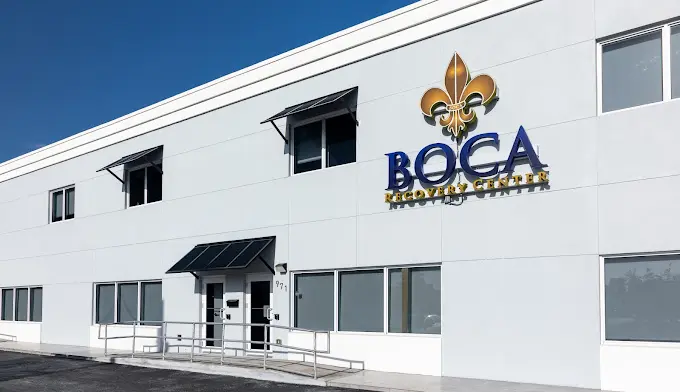
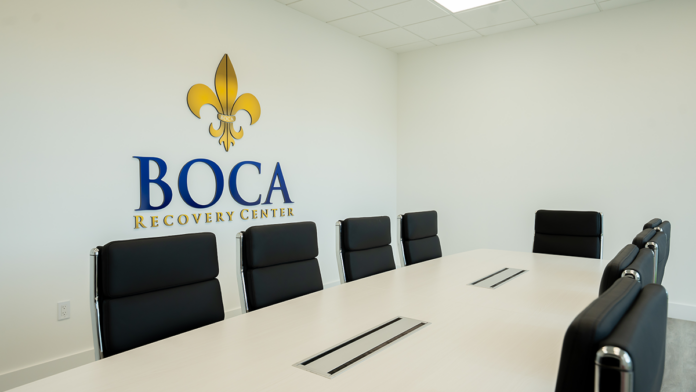
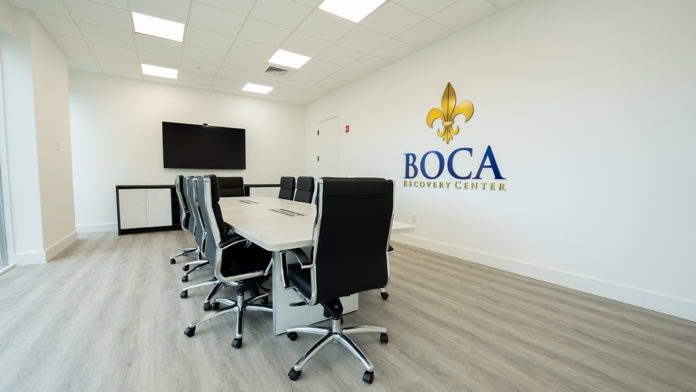
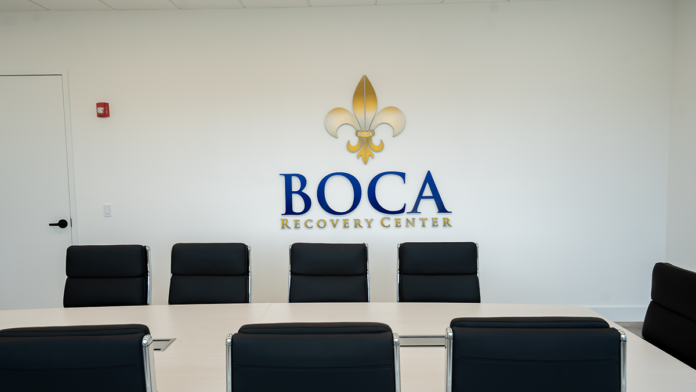
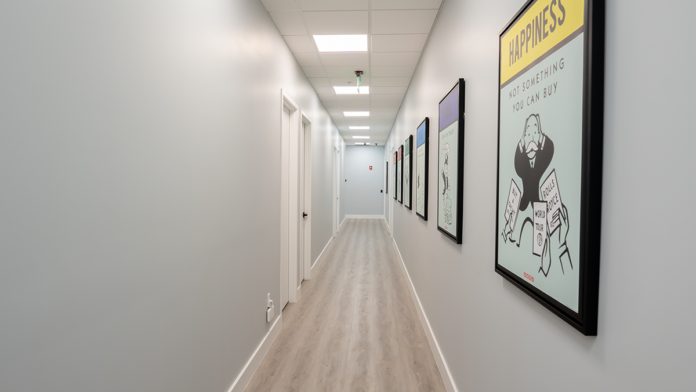
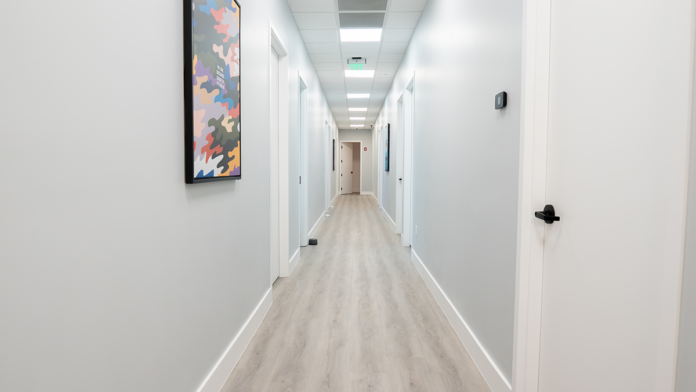
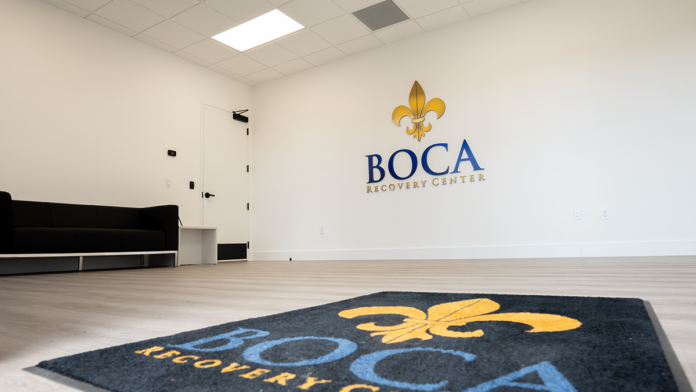
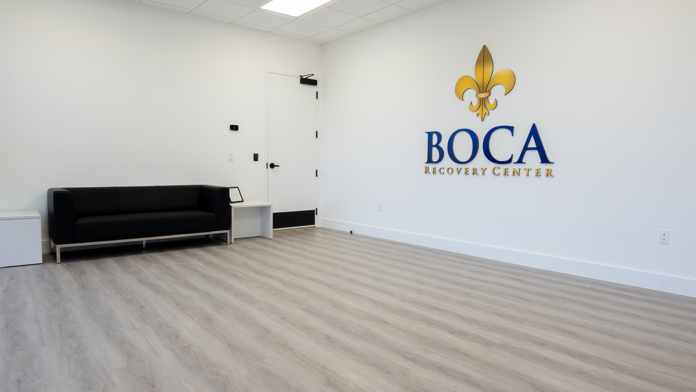
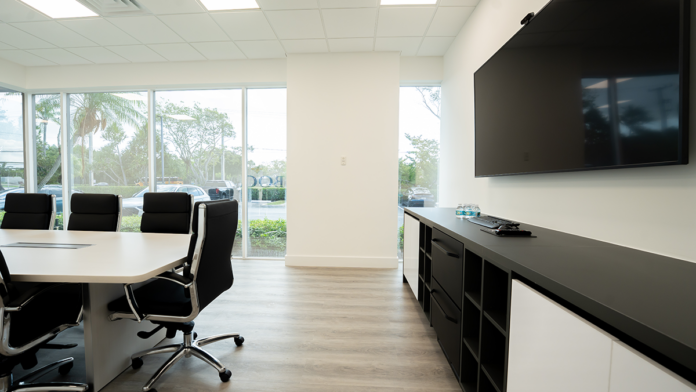
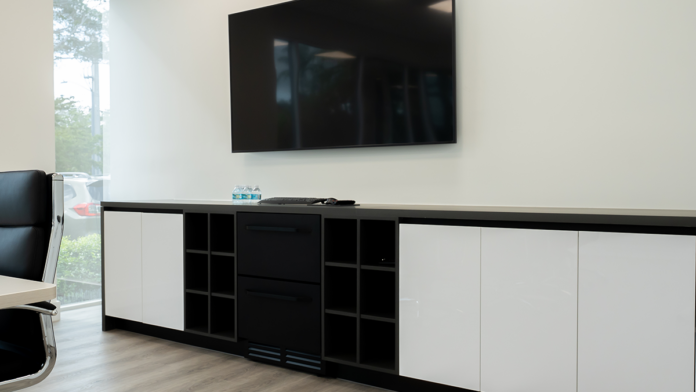
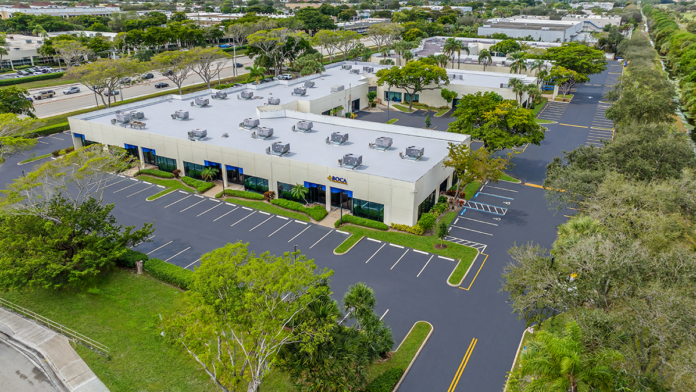
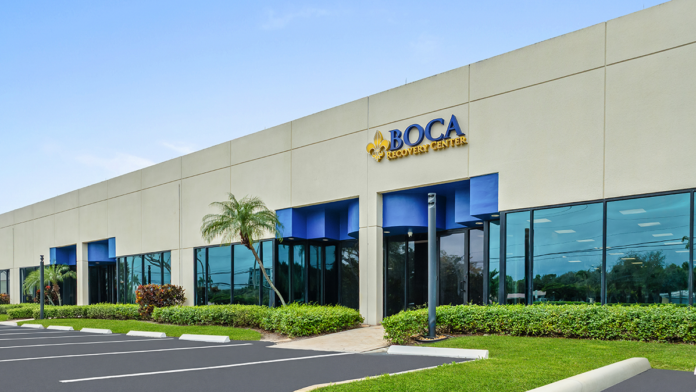
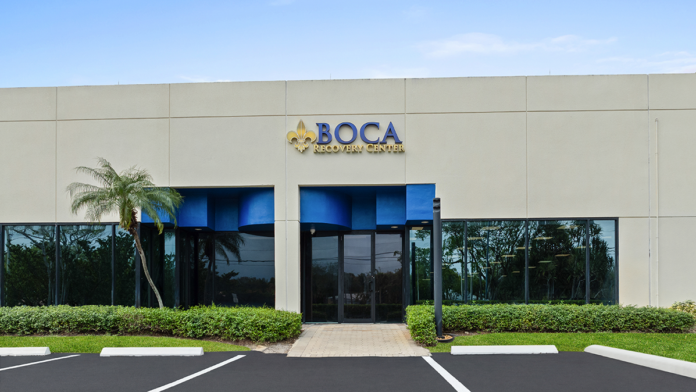
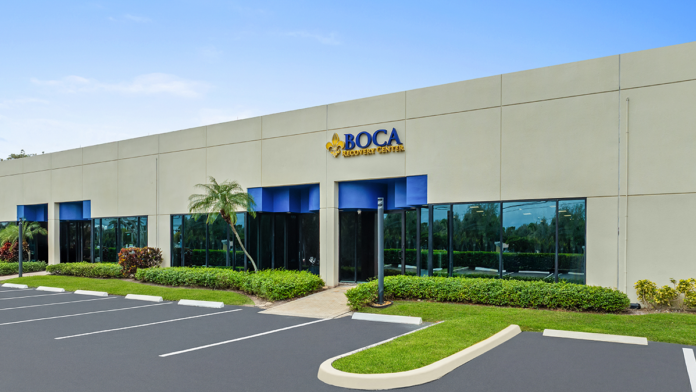
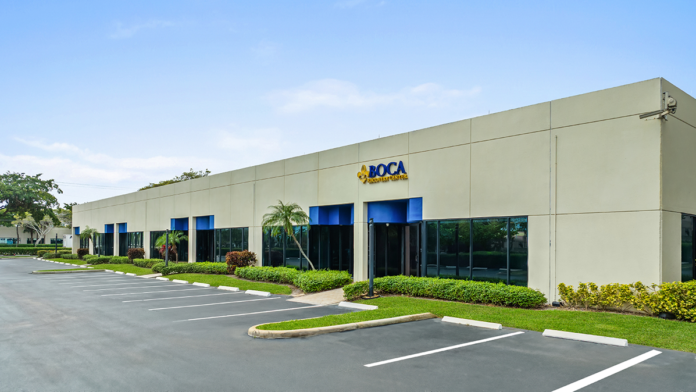
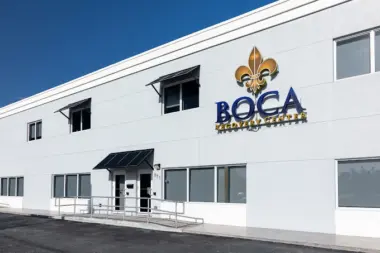
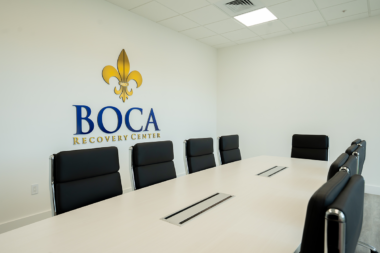
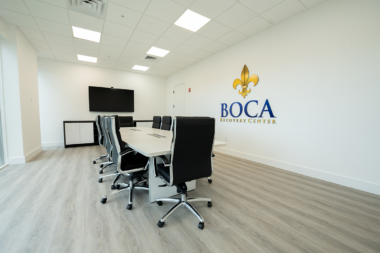
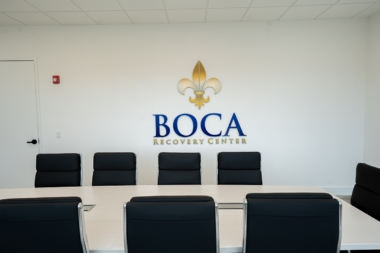
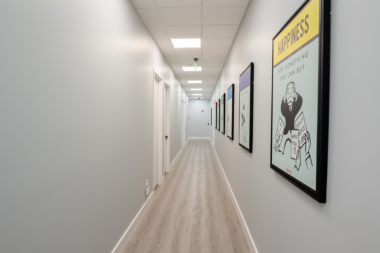
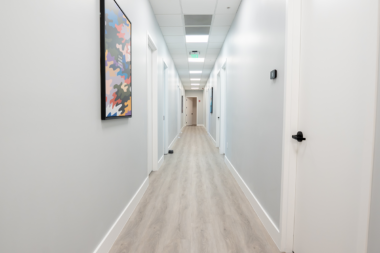
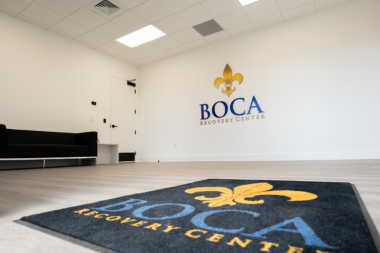
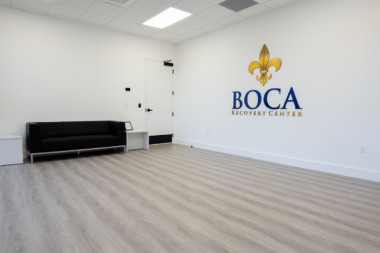
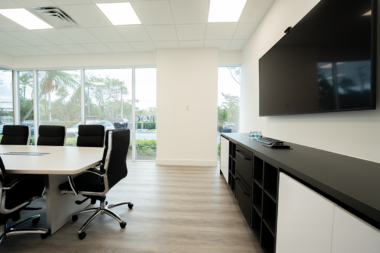
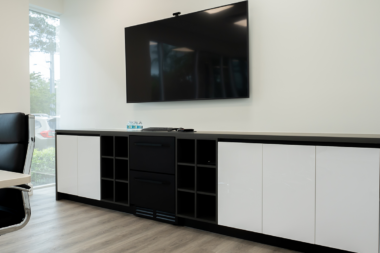
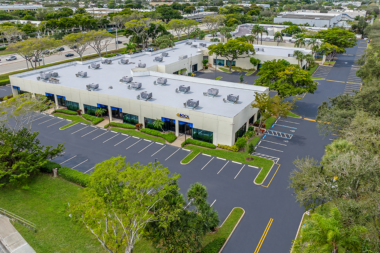
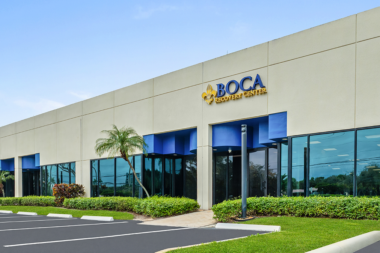
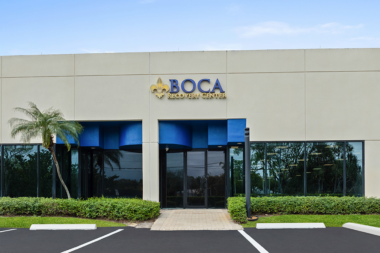
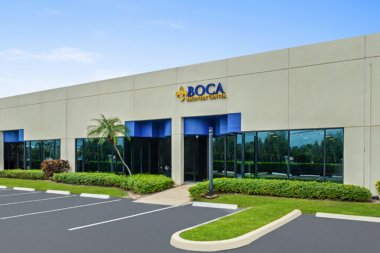
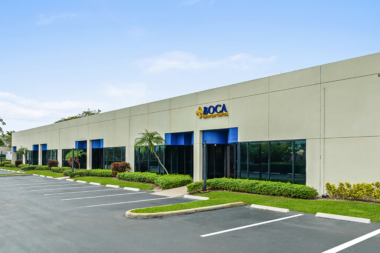
Accepted Insurance
Other Forms of Payment
Self-pay involves paying for treatment out of your own pocket. You can use savings or credit, get a personal loan, or receive help from family and friends to fund your treatment. If you don't have insurance or your insurance plan doesn't cover a specific program, self-pay can help ensure you still get the care you need.
Private insurance refers to any kind of healthcare coverage that isn't from the state or federal government. This includes individual and family plans offered by an employer or purchased from the Insurance Marketplace. Every plan will have different requirements and out of pocket costs so be sure to get the full details before you start treatment.
Sliding scale payments are based on a client's income and family size. The goal is to make treatment affordable to everyone. By taking these factors into account, addiction recovery care providers help ensure that your treatment does not become a financial burden to you or your family, eliminating one barrier to care.
Addiction Treatments
Levels of Care
Outpatient addiction treatment can be an excellent option for someone who has completed residential rehab or doesn’t need the intensive supervision of residential treatment. This treatment center has several levels of outpatient care like partial hospitalization and intensive outpatient programs.
The most comprehensive level of addiction treatment is inpatient care. You’ll have access to addiction professionals around the clock to help you through the challenges of early recovery and to keep you sober and accountable. Boca Recovery Center has luxury inpatient rehab in its upscale facilities.
In an intensive outpatient program you attend around nine hours a week of attentive addiction treatment. At the same time you’re living at home so you can develop your independence, maintain a job and attend to daily responsibilities.
Recovery is a lifelong process and you’ll have ups and downs from one year to the next. This rehab offers aftercare treatment and support with outpatient sessions when you need them. This way, you’ll always have someone to turn to if you’re struggling or if there are issues you need to work through to protect and strengthen your sobriety.
12 step programs like Alcoholics Anonymous and Narcotics Anonymous are core parts of the addiction recovery landscape because they work well for many people. Boca Recovery Center incorporates 12 step philosophies into their addiction treatment and they can help you connect with a local 12 step group too.
This rehab offers the option of sober living homes which is a transitional step between residential rehab and outpatient treatment. You’ll have a stable and sober home to live in where you share community with others in sobriety. It’s a step down from residential treatment but you’ll have more accountability than living independently.
When you have a loved one who has a drug and alcohol addiction it’s heartbreaking to watch their addiction continue to hurt them and risk their life. This treatment center can help you plan an intervention to show your loved one that there’s a way out and guide them into addiction treatment.
A partial hospitalization program is the highest level of care for outpatient addiction treatment. In this program you’ll live at home or in a sober living facility rather than living at the rehab but you come to the treatment center on weekdays for treatment. It can be an excellent option if you can’t arrange residential rehab or just need a step below inpatient rehab.
Addiction doesn’t clock out when the day is over so you need support around the clock. That’s especially true in your early recovery. At this South Florida rehab you’ll have professionals available 24 hours a day to help you when you need them and to guide you in your recovery journey.
Detox is the critical step of addiction recovery when your body gets rid of the drugs and alcohol in your system and learns how to function without them. Boca Recovery Center has medically assisted detox to make sure you’re safe and healthy throughout your withdrawal process so you can establish a strong foundation for your recovery.
Treatments
Boca Recovery Center can be your guide in overcoming alcohol addiction and living a healthy and sober life regardless of how long you’ve been drinking or how severe your alcoholism is. They offer medications for alcoholism along with individual counseling, group counseling and other addiction treatments like holistic therapies.
Drug addiction can happen to anyone but this rehab center based in South Florida can make it part of your past. They can treat addiction to many drugs like cocaine, methamphetamines and benzos as well as opioids like heroin, fentanyl and prescription opiates.
According to the Hazelden Betty Ford Foundation up to 65% of people with addiction have a co-occurring mental health condition too. Boca Recovery Center can integrate your mental health care into your addiction treatment so you get a well rounded recovery with lifelong wellness as the end goal.
There’s a complicated relationship between mental health and addiction. People with mental health conditions are more likely to develop substance use disorder but SUD can also worsen mental health. This rehab can treat both your addiction and your mental health in a way that supports sustainable recovery.
Whether you started with prescription pain medicine and transitioned to heroin and fentanyl or whatever your story may be this rehab can help you overcome your opioid addiction. They can combine medication assisted treatment with therapies like addiction counseling, group counseling and more to guide you toward lasting recovery.
Programs
At this rehab, there are adult addiction treatment programs at every level of care that are individualized to your needs. Whether you need residential rehab or intensive outpatient treatment options you’ll get a program that’s tailored to you and designed to help you create the sober life you want.
Addiction can look and feel very different when you’re 22 compared to 42. Young adults need a rehab program that speaks to their priorities and needs like understanding where their addiction began and establishing an independent adult life after rehab. Boca Recovery Center has a young adult program that does precisely this.
Clinical Services
Cognitive Behavioral Therapy (CBT) is a therapy modality that focuses on the relationship between one's thoughts, feelings, and behaviors. It is used to establish and allow for healthy responses to thoughts and feelings (instead of unhealthy responses, like using drugs or alcohol). CBT has been proven effective for recovering addicts of all kinds, and is used to strengthen a patient's own self-awareness and ability to self-regulate. CBT allows individuals to monitor their own emotional state, become more adept at communicating with others, and manage stress without needing to engage in substance abuse.
Whether a marriage or other committed relationship, an intimate partnership is one of the most important aspects of a person's life. Drug and alcohol addiction affects both members of a couple in deep and meaningful ways, as does rehab and recovery. Couples therapy and other couples-focused treatment programs are significant parts of exploring triggers of addiction, as well as learning how to build healthy patterns to support ongoing sobriety.
Creativity is inherently healing, and can help those in recovery express thoughts or feelings they might not otherwise be able to. Creative arts therapy can include music, poetry/writing, painting, sculpting, dance, theater, sandplay, and more. Unlike traditional art, the final product matters far less than the experience of creation and expression itself.
Dialectical Behavior Therapy (DBT) is a modified form of Cognitive Behavioral Therapy (CBT), a treatment designed to help people understand and ultimately affect the relationship between their thoughts, feelings, and behaviors. DBT is often used for individuals who struggle with self-harm behaviors, such as self-mutilation (cutting) and suicidal thoughts, urges, or attempts. It has been proven clinically effective for those who struggle with out-of-control emotions and mental health illnesses like Borderline Personality Disorder.
Eating disorders include anorexia, bulimia, binge eating, and dysfunctional eating patterns. Many psychologists and other mental health professionals consider eating disorders to be food addictions, meaning food is being used in an addictive way (similar to drug or alcohol addiction). Certain substance abuse treatment programs will have treatment for eating disorders as one of the services offered. An eating disorder may also present as a co-occuring disorder or dual diagnosis alongside drug and alcohol addiction.
Research clearly demonstrates that recovery is far more successful and sustainable when loved ones like family members participate in rehab and substance abuse treatment. Genetic factors may be at play when it comes to drug and alcohol addiction, as well as mental health issues. Family dynamics often play a critical role in addiction triggers, and if properly educated, family members can be a strong source of support when it comes to rehabilitation.
Group therapy is any therapeutic work that happens in a group (not one-on-one). There are a number of different group therapy modalities, including support groups, experiential therapy, psycho-education, and more. Group therapy involves treatment as well as processing interaction between group members.
In individual therapy, a patient meets one-on-one with a trained psychologist or counselor. Therapy is a pivotal part of effective substance abuse treatment, as it often covers root causes of addiction, including challenges faced by the patient in their social, family, and work/school life.
Life skills trainings involve all the skills a person must have in order to function successfully in the world. These include time management, career guidance, money management, and effective communication. Truly successful addiction recovery is based on the ability to not only live substance-free, but to thrive. Life skills teaches the practical necessities of functioning in society, which sets clients up for success in life, and therefore sobriety.
Motivational Interviewing (MI) is a clinical approach to helping people with substance abuse issues and other conditions shift behavior in positive ways. It is more goal-oriented than traditional psychotherapy, as MI counselors directly attempt to get clients to consider making behavioral change (rather than wait for them to come to conclusions themselves). Its primary purpose is to resolve ambivalence and help clients become able to make healthy choices freely.
Nutrition therapy, aka medical nutrition therapy (MNT), is a way of treating physical, emotional, and medical conditions through diet. Specific dietary plans are designed by professional nutritionists or registered dietitians, and patients follow them in order to positively affect their physical and mental health.
Recreational therapy (aka therapeutic recreation) uses creative and fun activities to help with addiction recovery. Recreational therapists lead patients in entertaining and engaging activities like sports or games; art (drawing, painting, sculpture); drama, music, and dance; and/or community outings (field trips) to improve patients' physical, social, and emotional well-being.
Trauma therapy addresses traumatic incidents from a client's past that are likely affecting their present-day experience. Trauma is often one of the primary triggers and potential causes of addiction, and can stem from child sexual abuse, domestic violence, having a parent with a mental illness, losing one or both parents at a young age, teenage or adult sexual assault, or any number of other factors. The purpose of trauma therapy is to allow a patient to process trauma and move through and past it, with the help of trained and compassionate mental health professionals.
Amenities
-
Private Setting
-
Private Transportation
-
Private Rooms
-
Hiking
-
Gym
Staff & Accreditations
Staff
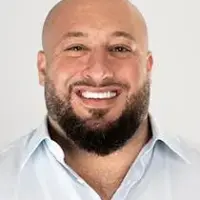
Christopher Ferry
CEO

Justin Claud
Chief Legal Officer
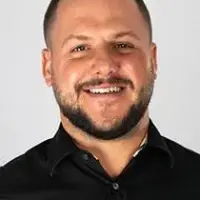
Joseph Toland
COO

Dr. Alison Tarlow
Chief Clinical Officer
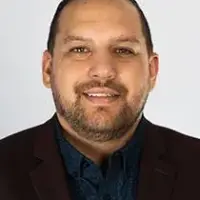
Alex Cuevas, BS
CFO

Stephanie Morris, RN
Chief Nursing Officer
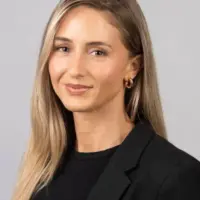
Shelby Cullison
Director of Admissions
Accreditations

LegitScript has reviewed Boca Recovery Center – Alcohol & Drug Rehab Boca Raton as part of their certification program, and has determined that it meets the LegitScript standards for legality, safety and transparency.
LegitScript verified in January 2017

State Licenses are permits issued by government agencies that allow rehab organizations to conduct business legally within a certain geographical area. Typically, the kind of program a rehab facility offers, along with its physical location, determines which licenses are required to operate legally.
State License: Florida
License Number: 5081166487601

The Joint Commission, formerly known as JCAHO, is a nonprofit organization that accredits rehab organizations and programs. Founded in 1951, the Joint Commision's mission is to improve the quality of patient care and demonstrating the quality of patient care.
Joint Commission Accreditation: Yes
Accreditation Number: 602167
Contact Information
901 Clint Moore Rd
STE A
Boca Raton, FL 33487







